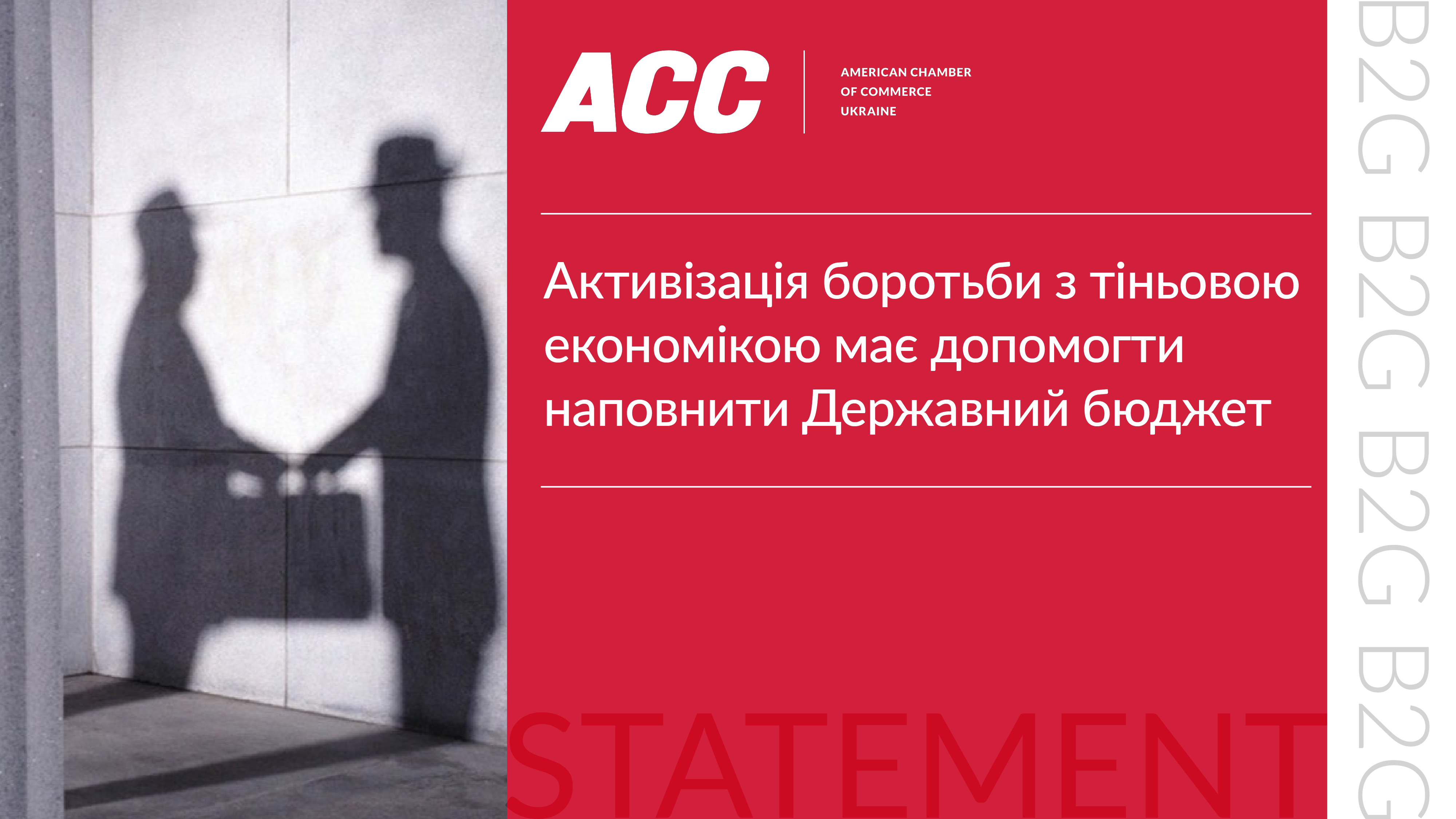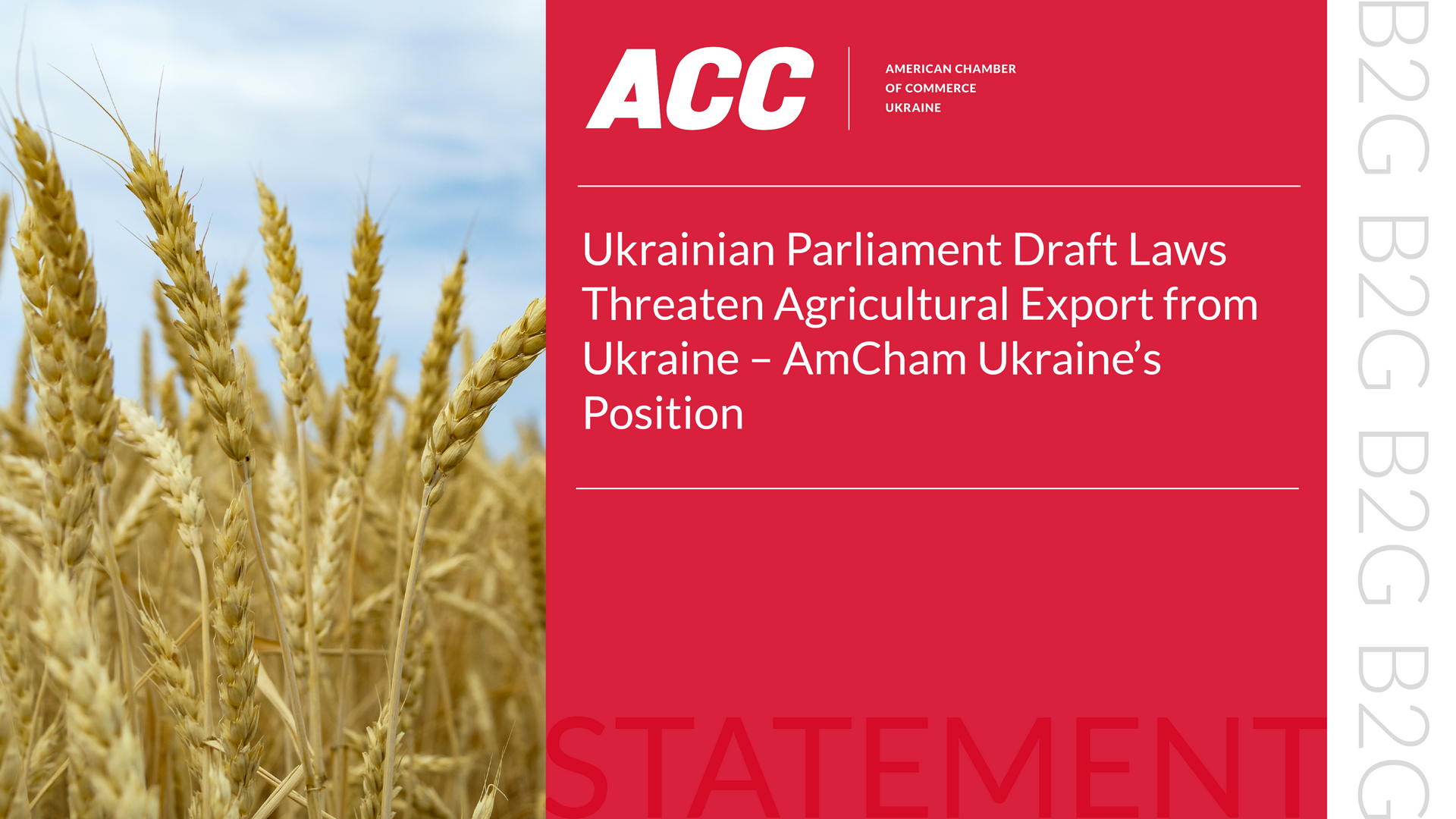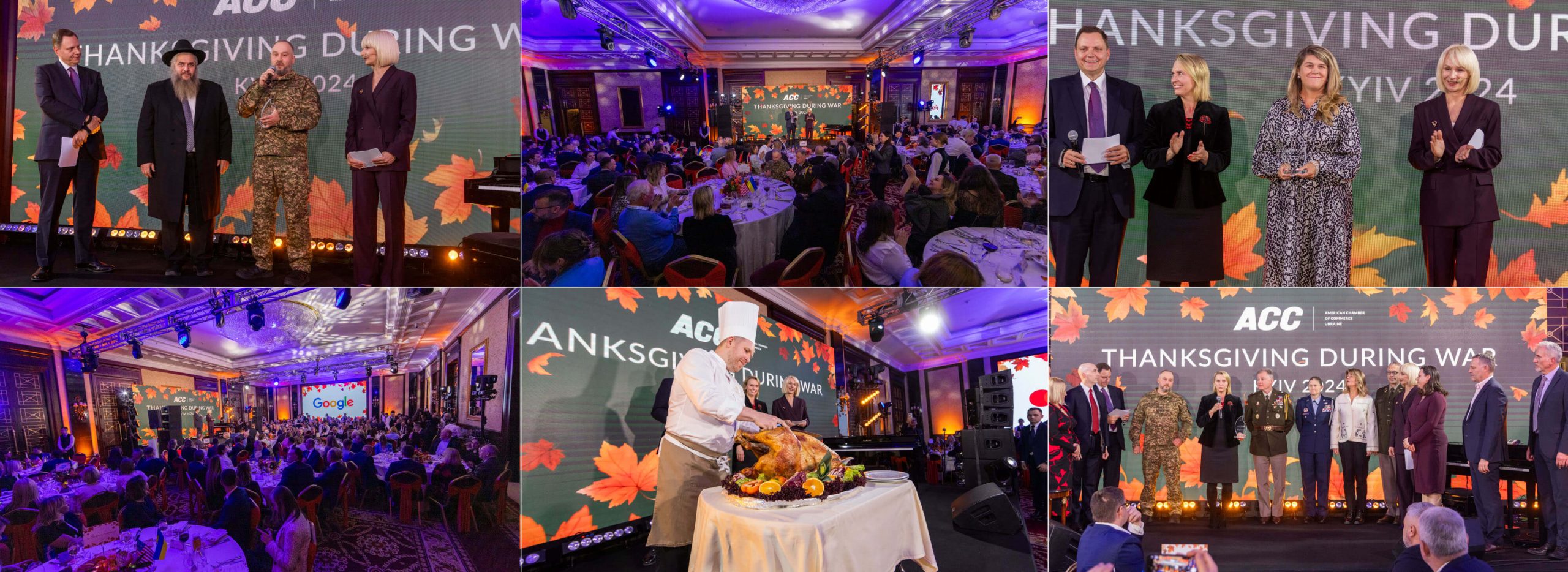On November 21, 2023, Draft Laws #10168-2 and #10169-2, amending the Tax and Customs Codes of Ukraine in the context of the implementation of foreign economic operations for the export of certain goods, were adopted as the basis in the first reading with the support of 231 Members of Parliament.
These initiatives are promoted as a measure to reduce non-legitimate agriculture exports out of Ukraine by establishing certain criteria for the exporters and other safeguards to avoid export transactions by fraudulent exporters and/or without repatriation of the hard currency into Ukraine for the exported products.
AmCham Ukraine members are concerned with the mentioned draft legislative initiatives that create real risks for legitimate exporters, placing them in tough and unfavorable conditions, particularly with the following provisions proposed by the Draft Laws #10168-2 and #10169-2:
- Real risk of export disruptions for legitimate exporters of agricultural commodities.
The proposed initiatives force the exporters with a creditable track record and no intent to breach laws to pass through discretionary tax and customs procedures.
Exporters should not be held liable for the discipline of their suppliers (producers and/or sellers of agricultural goods).
A duly registered VAT invoice is sufficient ground for an exporter to appropriate the VAT paid to the supplier as a VAT credit, according to the existing tax laws (clause 201.10 of TCU). The same approach should be applied to the export control – the liability for illegal VAT cannot be shifted to exporters, which legally purchased goods and received a right for VAT credit. Therefore, violation of laws by previous suppliers of agricultural goods or their “risky status” should not be a ground for blocking export.
The Draft Laws propose vesting discretionary powers in the tax authority, particularly providing them with the power to block export by recognizing real trading transactions as fictitious by the unilateral decision of the tax authority. Thus, shifting the responsibility from real fraudsters to exporters.
The introduction of an export duty as a parallel export regulation algorithm, which appears to be simpler and cheaper to administer, creates significant risks of the majority of exporters switching to this algorithm, which can significantly reduce domestic purchase prices and harm agricultural producers.
It creates a significant risk of corruption and potentially blocks the export flow of agricultural products from Ukraine.
- Limitation of VAT refund.
The above-mentioned Draft Laws suggest making the VAT refund limited in the way of establishing a direct dependency between the fact that the exporter receives foreign exchange earnings and the possibility of VAT refunds in the reporting month.
These initiatives do not address the cases if the export was prepaid or paid for in the future within the currency control deadlines (currently 90 days). Such regulation creates the risk of damage to the transparent VAT refund system that was created in 2015-2017 and, for many years, provided equitable treatment for all exporters and had been highly estimated by foreign investors.
- The establishment of minimum export prices.
The Draft Laws propose fixing minimum prices based on commodity exchange rates, which never align with market conditions in Ukraine, including the Black Sea region market.
There were many efforts to implement similar regulations, which all failed because of the absence of commodity exchanges in the Black Sea region.
This approach, if implemented, will effectively restrict exports to prices deemed acceptable by the Government, potentially causing exporters to default on commitments to foreign counterparts and disrupting the flow of exports from Ukraine.
AmCham Ukraine members do not support adopted Draft Laws #10168-2 and #10169-2 in their current wording and emphasize on necessity of their fundamental revision considering proposals and comments provided by the AmCham experts.
Read Also
